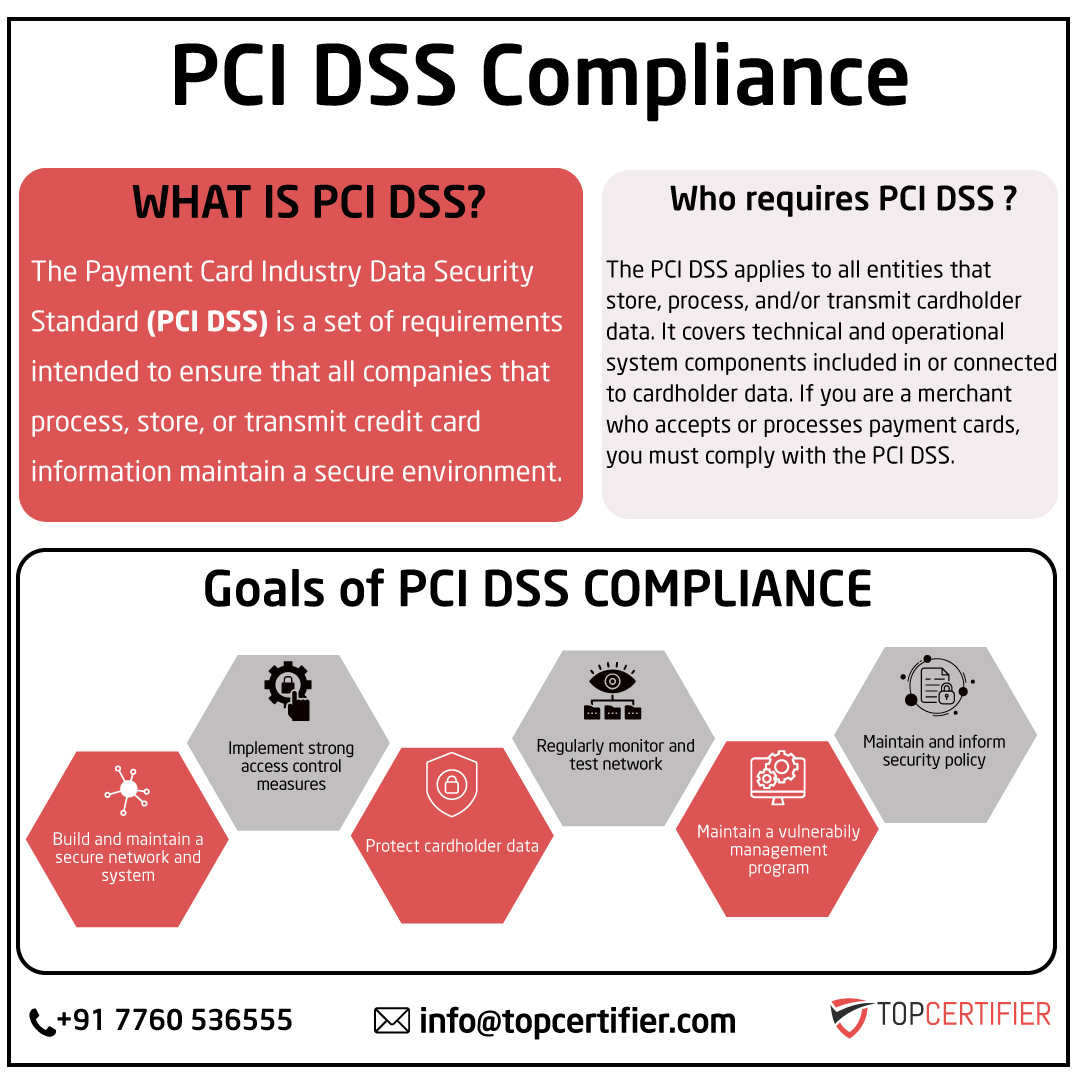Trust Us To Lead The Way In Certification And Compliance
Knowledge And Expertise
Thorough Understanding Of The Framework, Its Requirements, And Best Practices For Implementation
Proven Track Record
Successful Track Record Of Helping Clients Achieve Compliance, With Positive Client Testimonials And Case Studies.
Strong Project Management Skills
Ensure The Compliance Engagement Runs Smoothly And Is Completed On Time And Within Budget.
Experienced Team
Possession Of Experienced Professionals, Including Auditors, Consultants, And Technical Experts
Exceptional Customer Service
Committed To Excellent Customer Service With Clear Communication, Responsive Support, And A Focus On Satisfaction.
Competitive Pricing
We Prioritize Delivering High-Quality Services With Competitive Pricing That Provides Exceptional Value To Our Clients
FAQs
FREQUENTLY ASKED QUESTIONS
PCI DSS Certification in
China is a globally recognized security standard designed to ensure that
organizations handling credit card transactions maintain a secure environment.
It defines a set of technical and operational requirements to protect cardholder
data and reduce the risk of payment fraud.
In China, PCI DSS compliance is critical for businesses such as e-commerce
companies, financial institutions, payment processors, and service providers. It
is governed by the Payment Card Industry Security Standards Council (PCI SSC)
and ensures that organizations adopt strong controls around data security,
network monitoring, and vulnerability management.
Any organization in China that stores, processes, or transmits payment cardholder data is required to comply with PCI DSS. This includes merchants, e-commerce platforms, banks, payment gateways, call centers, and third-party service providers.
PCI DSS has four compliance levels, determined by the volume of annual card
transactions:
Level 1: Over 6 million transactions annually (highest level of
compliance, requires an on-site audit).
Level 2: 1 million to 6 million transactions annually.
Level 3: 20,000 to 1 million e-commerce transactions annually.
Level 4: Fewer than 20,000 e-commerce transactions or up to 1 million
card transactions annually.
Each level has its own validation requirements, such as Self-Assessment
Questionnaires (SAQ) or audits by a Qualified Security Assessor (QSA).
While both PCI DSS and ISO 27001 focus on information security, they differ in
scope and objectives.
PCI DSS is specific to organizations that handle payment cardholder data
and is designed to protect against credit card fraud by enforcing strict
security controls.
ISO 27001 is a broader information security management system (ISMS)
standard that applies to any type of organization and covers all forms of
sensitive information, not just payment data.
Many companies in China pursue both PCI DSS and ISO 27001 to demonstrate a
strong commitment to data security and compliance.
To achieve PCI DSS Certification in China, an organization must:
• Identify the scope of cardholder data environment (CDE).
• Implement the 12 PCI DSS requirements, such as encryption, access control, and
network monitoring.
• Conduct a PCI DSS Gap Analysis and Remediation.
• Complete a Self-Assessment Questionnaire (SAQ) or undergo an on-site audit by
a Qualified Security Assessor (QSA).
• Submit a Report on Compliance (ROC) or Attestation of Compliance (AOC) as
applicable.
PCI DSS compliance is valid for 12 months and must be renewed annually. Organizations must continuously monitor their systems, conduct vulnerability scans, and ensure that all security controls remain effective to maintain certification.
Achieving PCI DSS Certification in China offers numerous benefits, including:
• Protection against credit card fraud and data breaches.
• Increased trust with banks, partners, and customers.
• Compliance with regulatory and contractual obligations.
• Stronger security posture and risk management.
• Competitive advantage in the global market.
The cost of PCI DSS Certification in China depends on factors such as business size, transaction volume, infrastructure complexity, and audit requirements. While costs may vary, the benefits of certification in terms of customer confidence and risk reduction far outweigh the investment.
